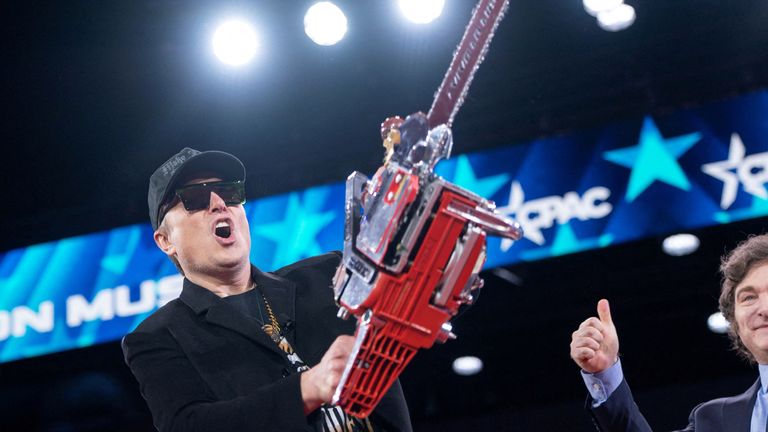BBC Takes a Stand: Legal Action Looms Over AI Startup for Content Scraping Breach
The BBC has initiated legal action against Perplexity AI, marking the organization’s first effort to safeguard its content from unauthorized scraping used to develop artificial intelligence technology. In a letter addressed to Aravind Srinivas, the CEO of the San Francisco-based company, the BBC claims to have evidence showing that Perplexity’s model was “trained using BBC content.” The letter, which was initially reported by the Financial Times, threatens to pursue an injunction against Perplexity unless it ceases the scraping of all BBC material for its AI training and deletes any copies of the broadcaster’s content unless a financial compensation proposal is provided.
This legal move follows recent comments from Tim Davie, the BBC’s director general, and Sky’s leadership, who criticized potential government proposals that would allow tech companies to use copyright-protected material without seeking permission. “If we continue on the current trajectory, we will face a crisis,” Davie stated during the Enders conference. “We must swiftly make decisions concerning areas like intellectual property protection. Our national intellectual property needs safeguarding, as it is where true value lies. We need IP protection; let’s not delay.” The industry is advocating for an opt-in system that would require AI companies to obtain permission and negotiate licenses with content owners before utilizing the material for their training models.
In a similar vein, Rupert Murdoch’s Dow Jones, which owns the Wall Street Journal, filed a lawsuit against Perplexity in October, accusing the company of partaking in a “massive amount of illegal copying” as part of a “brazen scheme … free-riding on the valuable content produced by publishers.” Perplexity responded to the Financial Times, labeling the BBC’s claims as “manipulative and opportunistic,” asserting that the organization fundamentally misunderstands technology, the internet, and intellectual property law. Perplexity does not construct or train foundational models, unlike companies such as OpenAI, Google, and Meta; instead, it offers an interface allowing users to select from various AI models.
The BBC pointed out that portions of its content have been reproduced verbatim by Perplexity, noting that “Perplexity’s tool directly competes with the BBC’s own services, bypassing the necessity for users to access those services.” In October, the BBC began registering copyrights for its news website in the U.S., which entitles the organization to “statutory damages for any unauthorized use of these copyrighted works.” In the UK, original proposals indicated that the government might permit AI companies to scrape content unless media owners opt out, a move the industry claimed would “strip the value” from the £125 billion creative sector.
Lisa Nandy, the culture secretary, has since stated that the government holds no preferred stance regarding AI copyright laws in the UK but has assured the creative sector that legislation will not harm it. “As a Labour government, we believe that it is fundamental for individuals to be compensated for their work,” she expressed at a recent media conference. “You have our assurance that if it proves detrimental to the creative industries, it will not be pursued.” Major publishers such as the Financial Times, Axel Springer, Hearst, and News Corporation have already established content licensing agreements with OpenAI. Additionally, Reuters has reached an agreement with Meta, and the parent company of the Daily Mail has partnered with ProRata.ai. The Guardian has contacted Perplexity for comment, while the BBC has chosen not to elaborate beyond the contents of the letter.







